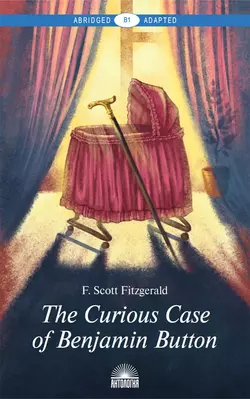The Curious Case of Benjamin Button and Selected Tales of the Jazz Age Сollection. Адаптированная книга для чтения на английском языке. Уровень B1

Фрэнсис Скотт Кэй Фицджеральд
Тип: электронная книга
Жанр: Зарубежная классика
Язык: на английском языке
Стоимость: 190.00 ₽
Статус: В продаже
Издательство: Антология
Дата публикации: 29.12.2024
Отзывы: Пока нет Добавить отзыв
О книге: «Загадочная история Бенджамина Баттона» – один из самых известных фантастических рассказов Фрэнсиса Скотта Фицджеральда, которые он называл «сказками века джаза»: человек родился 70-летним и прожил жизнь наоборот, пройдя путь от старика до младенца. О замысле этого необычного произведения автор писал так: «Идея сюжета родилась из замечания Марка Твена о том, как жаль, что лучшая часть жизни проходит ближе к началу, а худшая – ближе к концу. Мой эксперимент всего лишь над одним человеком в самом обычном мире едва ли смог в полной мере воздать должное этой идее».